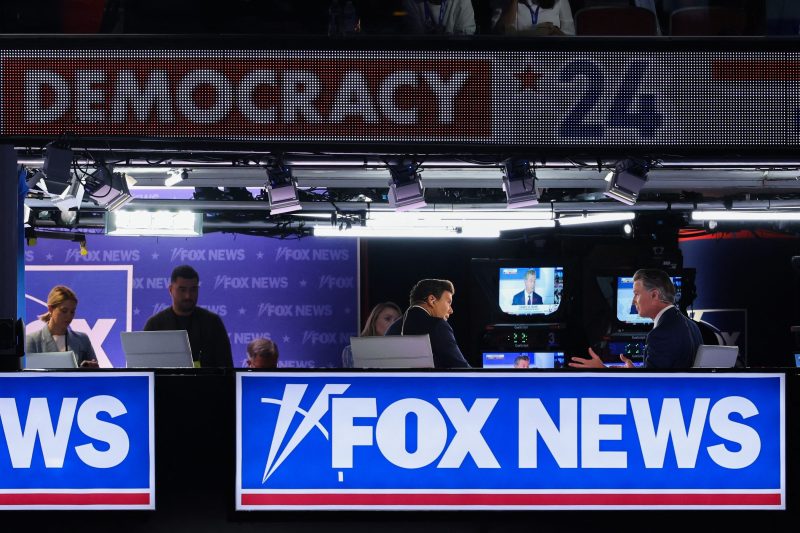
Trump’s Team Gripes About Fox News’s Last Beacon of Objectivity
The recent clash between former President Donald Trump’s team and Fox News over its coverage has once again highlighted the intricate relationship between the media and political figures in the United States. Trump’s team reportedly voiced their complaints about what they perceived as biased and negative coverage of the former president during an event at Mar-a-Lago. This incident sheds light on the evolving role of media outlets in shaping public opinion and political narratives.
One of the key points of contention was Fox News’ coverage of the Capitol riot on January 6, 2021. Trump’s team accused the network of portraying the former president in a negative light and not giving him the support they believed he deserved. This highlights the delicate balance that media outlets often have to strike between maintaining objectivity and catering to their audience’s expectations and interests.
It is not uncommon for political figures to criticize media outlets for their coverage, especially in today’s polarized political landscape. Media bias is a constant concern, with both conservatives and liberals accusing mainstream outlets of favoring the other side. In this case, Trump’s team expressed frustration with what they perceived as unfair treatment by a network that has traditionally been considered more aligned with conservative viewpoints.
However, Fox News has also been known for its fair share of controversies and internal strife regarding journalistic integrity. The network has faced criticism for promoting misinformation, amplifying divisive rhetoric, and blurring the lines between news and opinion. These factors have contributed to a growing skepticism toward media outlets and their role in shaping public discourse.
The clash between Trump’s team and Fox News underscores the broader challenges facing the media landscape in the digital age. With the rise of social media and alternative news sources, traditional outlets are facing increased scrutiny and competition. The quest for objectivity and accuracy has become more challenging in an era where information spreads rapidly and often without proper verification.
Ultimately, the incident reflects the complex interplay between politics and media in shaping public perception and influencing the national discourse. As political figures continue to grapple with a changing media landscape, it is essential for both journalists and policymakers to uphold the values of transparency, accountability, and truth in their respective roles. Only by fostering a culture of open dialogue and mutual respect can we hope to navigate the complexities of modern media and politics.
